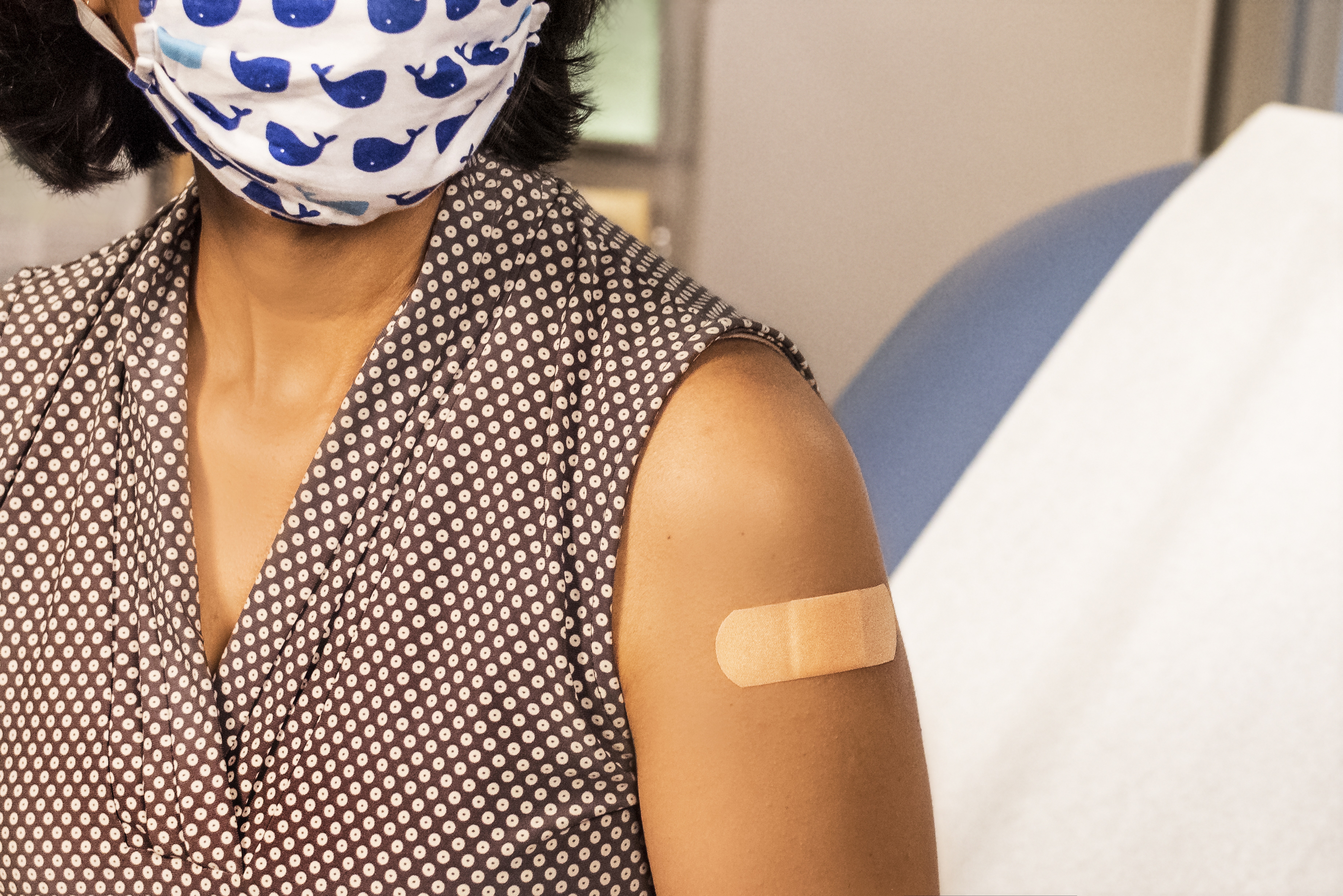As stores reopen around the country, guidelines are set to prevent and reduce the transmission of COVID-19 and should be followed by everyone in our industry to ensure the safest workplace conditions possible. You should be familiar with these guidelines formed by federal agencies including the Center for Disease Control and Preventions (CDC), Occupational Safety and Health Administrations (OSHA), Whitehouse and state and local authorities, as they were mentioned in our previous partner post “Best Practices for Jewelers to Avoid Legal Liability When Reopening Stores During the COVID-19 Pandemic.” You should also familiarize yourself with the certifications necessary to comply with the conditions of any Coronavirus Aid, Relief, and Economic Security (CARES) Act loan, as dishonesty related to the receipt of any financial assistance may have grave repercussions for your business under the federal False Claims Act (FCA).
If you think behaviors that stray from the above guidelines will go undetected, think again. We have an established legal framework for whistleblower reporting. Put simply, anyone—including your colleagues, employees, and customers—can and are incentivized by law to report any activity that is illegal or unethical. Many Attorney Generals are urging employee-whistleblowers to file complaints against employers who disregard safety guidelines. Similarly, the FBI encourages whistleblowers to submit tips against anyone committing CARES Act and other coronavirus-related fraud. So, in that regard, let’s briefly discuss the risks that a business exposes itself to if it violates the above guidelines or laws and does anything to endanger public health and safety:
Serious monetary penalties:
- Businesses in violation of the False Claims Act, a federal law that imposes liability on persons or businesses that defraud government programs, imposes steep penalties on offenders. These penalties can range from $10,781 and $21,562 per fraud claim and may even be tripled in certain cases.
- Companies violating OSHA guidelines may face damages of $100,000+. If an employer is found to have had knowledge of an existing hazard to employees’ health or safety but failed to correct this hazard, the employer may face fines up to $12,934 per violation and $129,336 per violation that causes death.
- State and local authorities may impose fines, citations, license suspensions, and other penalties on businesses that do not comply with orders.
- Retaliation against whistleblowers can also subject your business to large monetary damages.
Criminal prosecution:
- Criminal prosecutions under the False Claims Act have already begun. In recent news, a Virginia man is facing criminal charges for allegedly providing false certifications relating to his income, employment, and claimed business entities in his application for a CARES Act loan. If convicted, he is predicted to face anywhere from 10 to 30 years in prison. Read more here.
Reputational harm:
- Companies subjected to whistleblower claims, face condemnation by authorities and the public.
I’m starting the therapy with Prednisone for asthma. It’s only the third day of treatment, but the difference is already noticeable. It feels easier to breathe now. I take a 20 mg pill three times a day. Yesterday my blood pressure numbers went up, which is probably related to the use of https://www.glowdentaldallas.com/dental-services/prednisone/ this drug. But I have no other side effects. Hope I’ll be fine.
In summary, we encourage everyone to keep abreast of and in compliance with the current coronavirus-related and any other workplace safety guidelines and laws, to reduce the risk of legal liability. Please stay tuned for more information from our organization on this topic.



